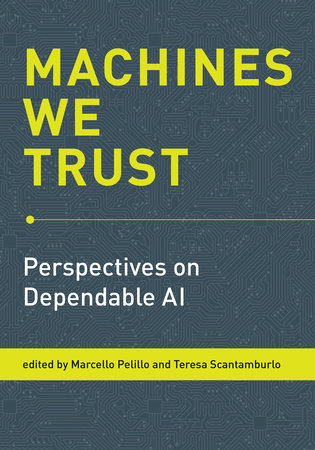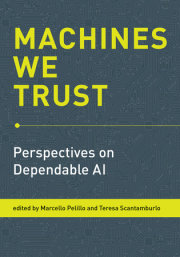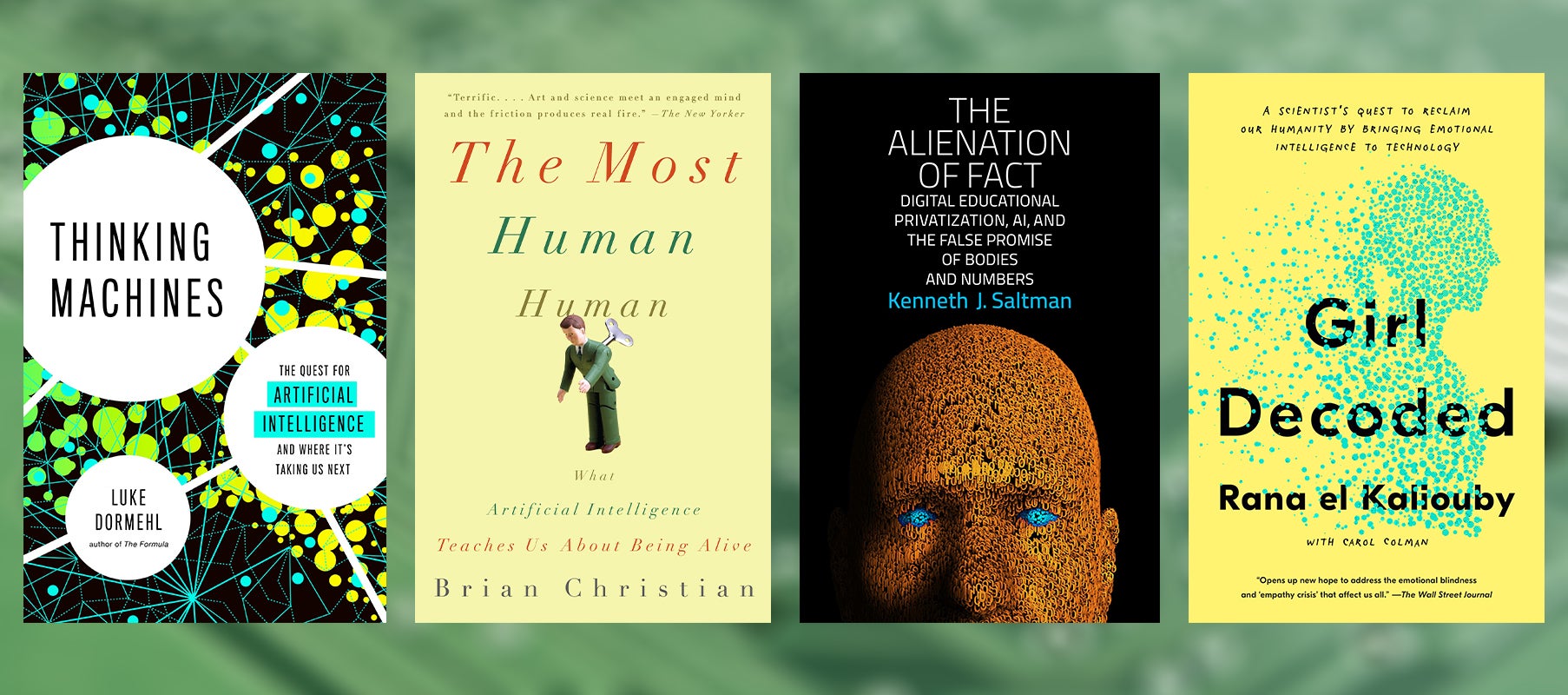List of Figures
Preface
1 Introduction
I SETTING THE STAGE
2 Shortcuts to Artificial Intelligence
3 Mapping the Stony Road toward Trustworthy AI: Expectations, Problems, Conundrums
II ISSUES
4 The Issue of Bias: The Framing Powers of Machine Learning
5 Adjudicating with Inscrutable Decision Rules
6 Cobra AI: Exploring Some Unintended Consequences of Our Most Powerful Technology
7 The Importance of Prediction in Designing Artificial Intelligence Systems
III PROSPECTS
8 A Human-Centered Agenda for Intelligible Machine Learning
9 The AI of Ethics
Contributors







